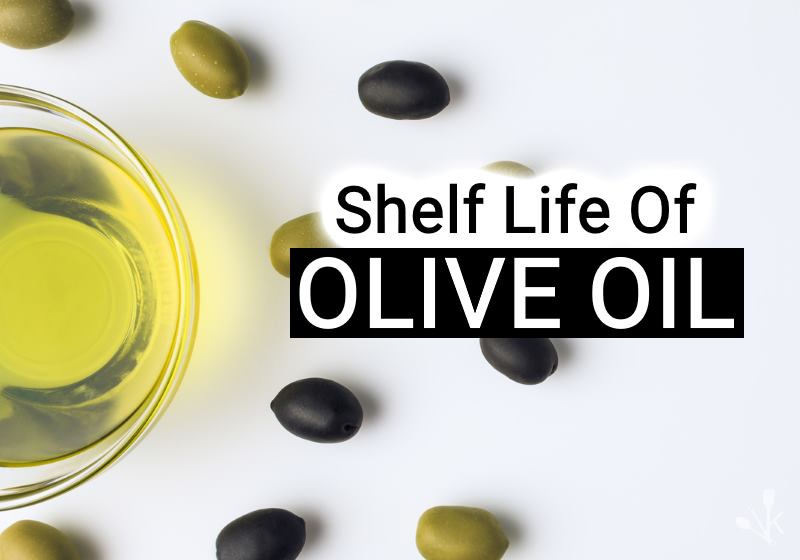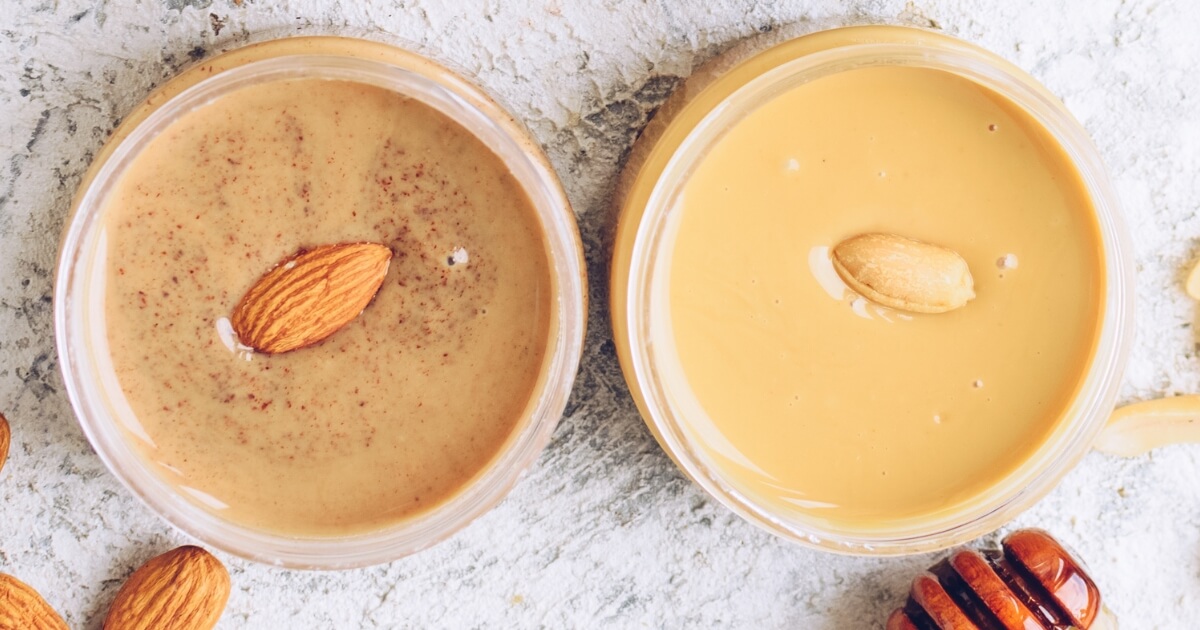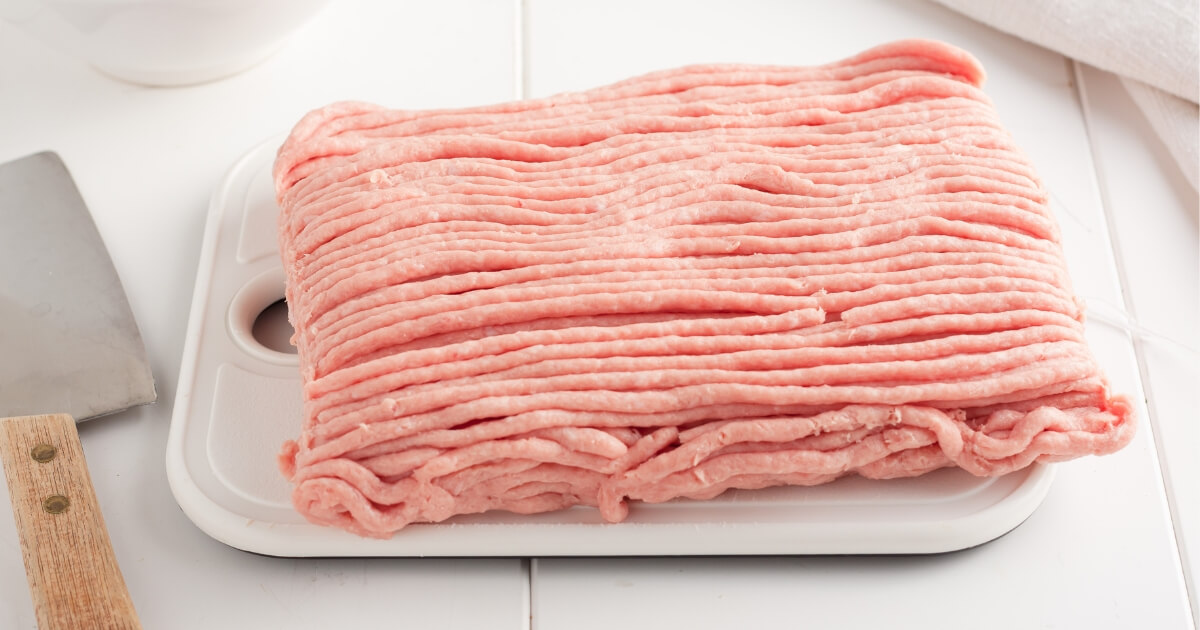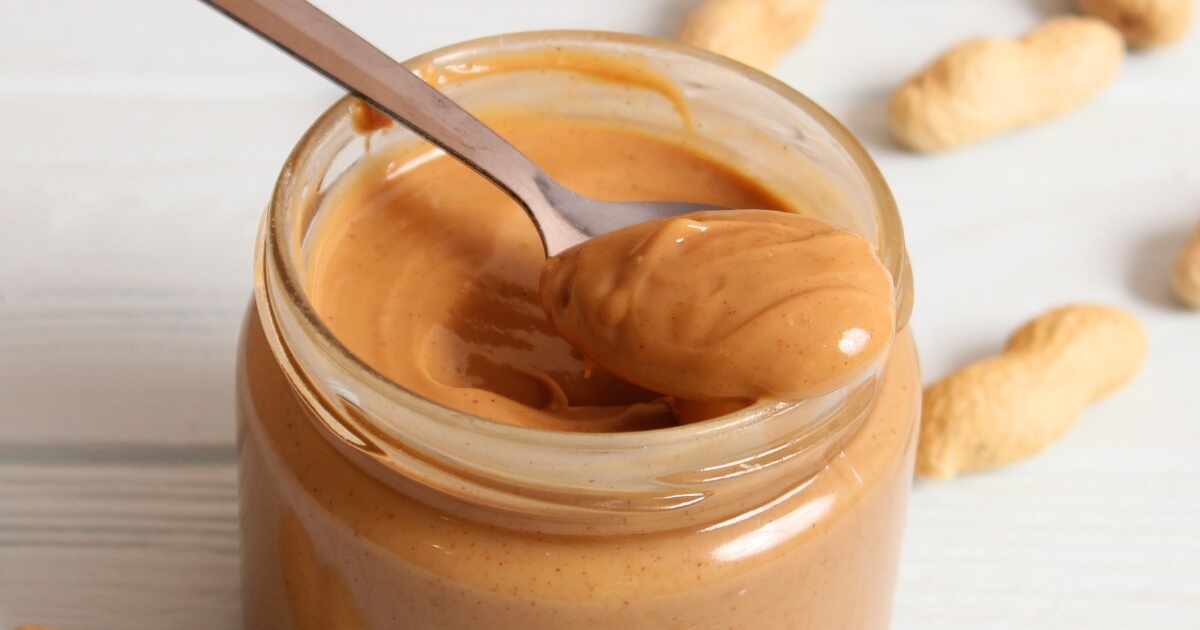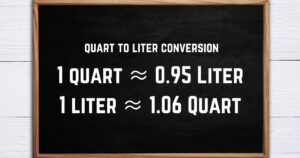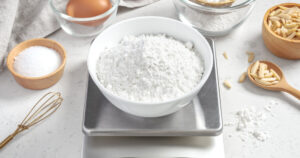If you’re anything like me, your bottle of olive oil won’t last more than a few months, such is its versatility and delicious flavor in a variety of dishes. But maybe you’ve found an old bottle hidden in the back of your cupboard and wondered, does olive oil go bad?
When stored correctly, you should be able to keep an unopened bottle of virgin or extra virgin olive oil for 12-18 months, whereas refined or regular oils can last up to three or four years. As a rule, for best quality and safety, you should aim to use all varieties of olive oil within six months of opening.
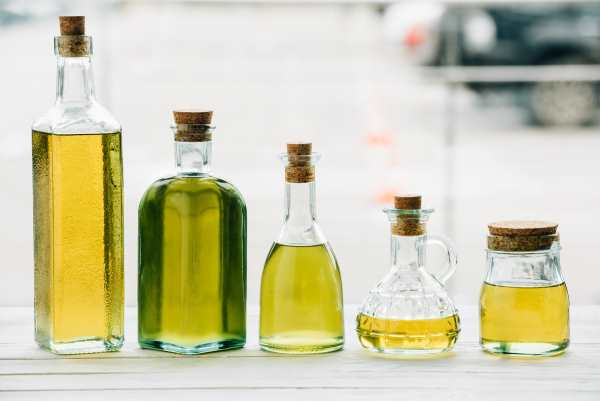
If you give it some thought, you’ll realize that olive oil is basically just a fruit juice, particularly unrefined, extra virgin olive oil. As such, like all fruit juices, olive oil can go bad.
Olive Oil Shelf Life And Expiration Dates
Olive oil can spoil within three months or last for three years, depending on the type of olive, the processing method and the time of the harvest.
How long does olive oil last once opened? For safety’s sake, once you’ve opened a bottle of olive oil, use it up within six months. Depending on the storage conditions before opening, the oil may turn sooner than that.
- Extra Virgin Olive Oil/Virgin Olive Oil/Unrefined Olive Oil – Stored correctly, these olive oil varieties may last 12 – 18 months after the harvest date before opening. For best quality once opened, aim to use within six months.
- Refined Olive Oil/Regular Olive Oil – These kinds of olive oil are filtered to remove some of the more spoilable contents and excess water. A bottle may last up to three or four years before opening if stored correctly but is best consumed within six months after opening.
The above guidelines are for olive oil stored correctly. Quality olive oil should not be stored in a clear glass bottle. If you buy products in clear glass, consider decanting into a darker green or brown bottle to extend the shelf life.
How To Tell If Olive Oil Is Bad
While olive oil can go bad, particularly if stored incorrectly, it will not make you sick. However, it will develop an unpleasant smell and flavor and may not be as effective in cooking. Oxidized oil offers less nutritional punch, as the antioxidant qualities have been lost.
If you notice any of your regular cooking times or temperatures being thrown off, or if the oil starts to smoke, it may be too oxidized to keep. Discard and get a fresh bottle for consistent flavor and cook time.
SEE ALSO: Canola vs Vegetable
You should be able to detect if your olive oil has spoiled using the following methods.
- Check the color. When olive oil goes bad, the color will become darker.
- Smell your oil. It will be clear if your olive oil has gone bad as it will smell awful. It may develop an aroma akin to crayons.
- Taste. If you’re not sure after the above steps, taste a small amount. If the flavor is unpleasant or there is a greasy mouthfeel, your olive oil has gone bad.
Should Olive Oil Be Refrigerated?
Although it’s possible to keep your olive oil in the fridge, there is really no benefit to doing so. Studies have shown that olive oil will go bad at the same rate whether refrigerated or stored correctly in a cupboard.
If you do choose to refrigerate the oil, bear in mind that it may thicken. If you notice the oil growing thick, simply bring it to room temperature before using it.
The optimal storage temperature for olive oil is between 60-72 F. Heats over this will increase the rate of spoiling, as will exposure to light and air.

